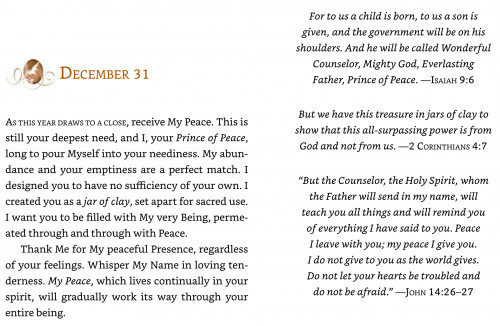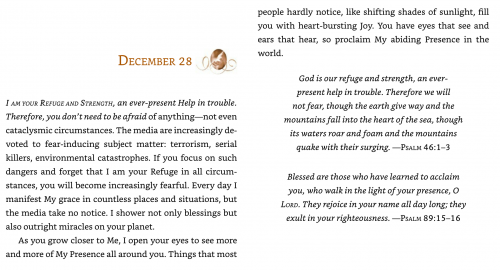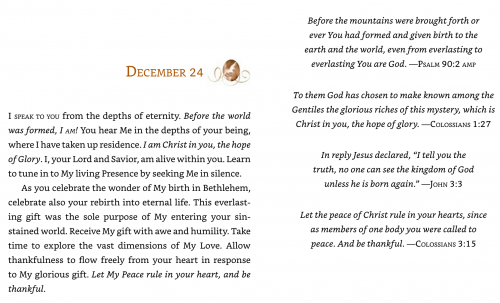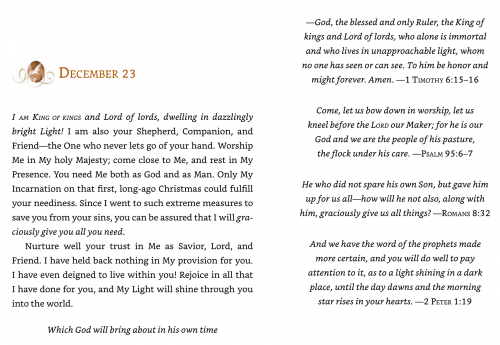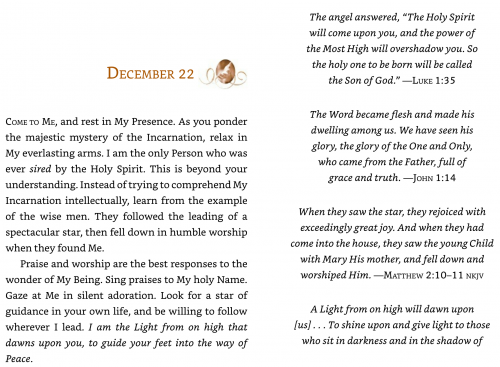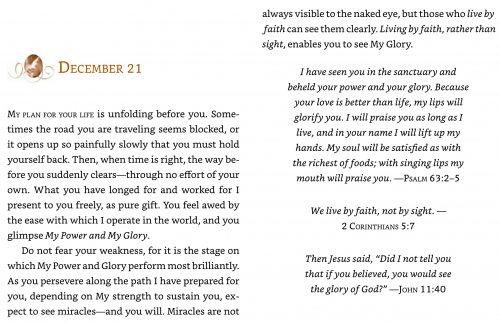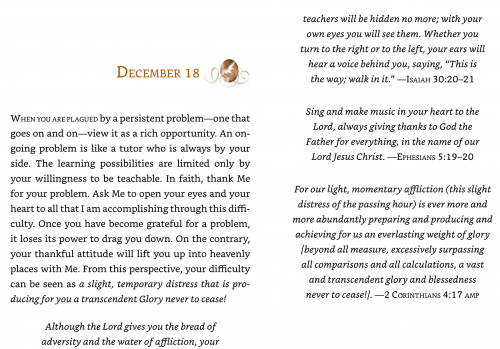Thursday, December 31, 2020
New Year’s Eve
In 1998, I spent three days immersed in the life, spirit, and ministries of Mother (now Saint) Teresa’s (1910‒1997) community at the motherhouse in Calcutta—a year after her death. Our work together ended on October 1, the feast day of her patron, St. Thérèse of Lisieux (1873–1897). (Who is, as many of you know, one of my top five favorite mystics!) All 400+ community members return for this day of teaching, praying, and celebrating in the manner of the poor.
Through that experience, I finally met a “conservative” yet fully contemporary form of religious life that I could trust. The sisters were not rigid; rather, they were simply devoted women. They did not need security, answers, and order, as we see in most traditionalist movements in the West. In fact, they were willing to live without security, with very few answers to their questions of mind and heart, and amid almost total disorder. All in union—hour by hour—with God. They lived that amazing and rare combination of utter groundedness and constant risk-taking that always characterizes the true Gospel.
The sisters didn’t waste time fixing, controlling, or even needing to understand what is wrong with others. Instead, they put all of their time and energy into letting God change them. From that transformed place, they serve and carry the pain of the world, which they are convinced is the pain of God. This is the synthesis on a communal level that I am always seeking. I have encountered it in many individuals, but hardly ever in public and social form.
I do not believe that the lifestyle of the Missionaries of Charity answers all questions or that they are holier than many other Christians I have met. Yet there is a radical and utterly clear gift of God that is revealed through them. I even dared to ask one of the leaders about one of the most common criticisms of Mother Teresa: “Why did Mother not speak out against social injustice? Why did she not point out the evil systems and evil people that are chewing up the poor? Why did she not risk some of her moral ‘capital’ to call the world, and even the church, to much-needed reform?”
The answer was calm, immediate, and firsthand. Mother Teresa felt that if she took sides, or played the firebrand, that she could not be what Jesus had told her to be—love to and for all. She said that if she started correcting and pointing out “sinners” she could no longer be an instrument of love and reconciliation for them. Humiliated and defensive people do not change. Like her patron Thérèse of Lisieux, “her vocation in the church was to be love.” She knew that her primary message had to be her life itself, not words or arguments or accusations. She had found that “third something” that is always beyond the calculating and dualistic mind.
From Wikipedia re today’s song and how it can have two messages… speaking to both the right and left wing… as we see thru different lenses.
I Have Decided to Follow Jesus” is a Christian hymn that originated in Assam, India.
According to P. Job, the lyrics are based on the last words of Nokseng, a Garo man, a tribe from Meghalaya which then was in Assamthat day, who converted to Christianity in the middle of the 19th century through the efforts of an American Baptist missionary. He is said to have recited verses from the twelfth chapter of the book of John as he and his family were killed. An alternative tradition attributes the hymn to Simon K Marak, a Garo Man, Who Was from Jorhat, Assam.[citation needed]
The formation of these words into a hymn is attributed to the Indian missionary Sadhu Sundar Singh.[1] The melody is also Indian, and entitled “Assam” after the region where the text originated.[2]
An American hymn editor, William Jensen Reynolds, composed an arrangement which was included in the 1959 Assembly Songbook. His version became a regular feature of Billy Graham‘s evangelistic meetings in America and elsewhere, spreading its popularity.[3]
Due to the lyrics’ explicit focus on the believer’s own commitment, the hymn is cited as a prime example of decision theology, emphasizing the human response rather than the action of God in giving faith.[4] This has led to its exclusion from some hymnals.[4] A Lutheran writer noted, “It definitely has a different meaning when we sing it than it did for the person who composed it.”[5]
